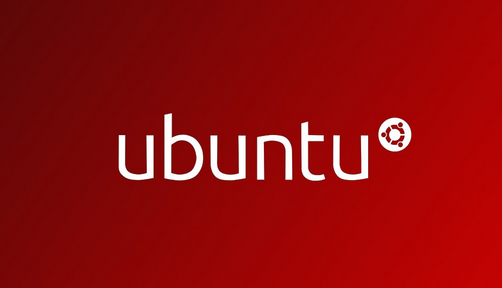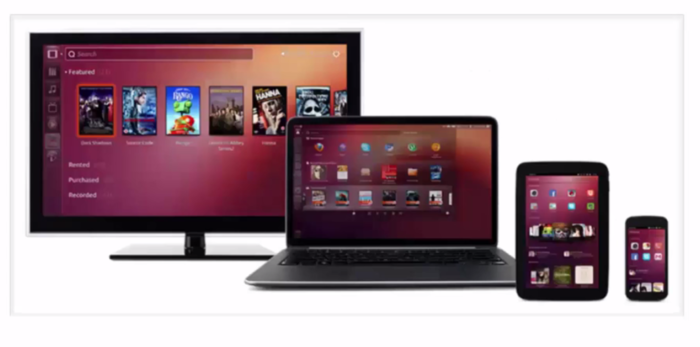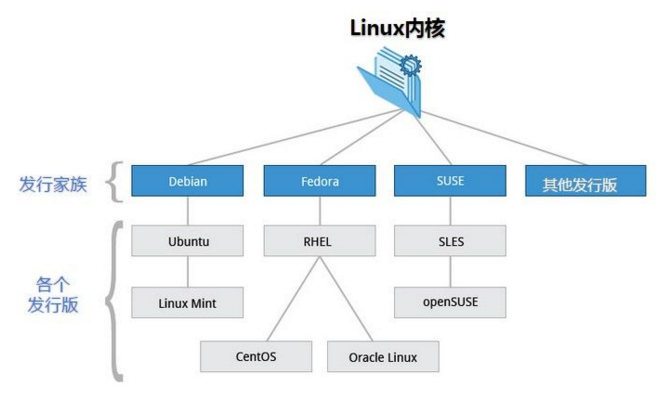1 What is ubuntu?
Ubuntu (Youbangtuo, Youbantu, Ubuntu) is an open-source GNU/Linux operating system based on desktop applications. Ubuntu is based on Debian GNU/Linux and supports x86, amd64 (ie x64) and ppc architectures. Created by a global professional development team (Canonical Ltd). Its name comes from the word "ubuntu" in Zulu or Hausa in southern Africa, similar to the Confucian thought of "benevolence", which means "human nature" and "I exist because of everyone's existence", which is a kind of African tradition. values.

The name ubuntu is very interesting. It belongs to the name that can be remembered at a glance. I still remember that the first time I came into contact with this operating system was when I was in college. At that time, I only knew that there are many types of operating systems derived from Linux. The domestic redhat is relatively popular, and there are not many students who are actually using this operating system. Even if you know it, you will always worry that you will be used to windows, you will not be used to it after switching, or you will not be able to meet the needs of normal work or entertainment.
But then I found out that there is no need to worry about it at all. As far as my personal experience is concerned, there is absolutely no problem in replacing windows as the first operating system. And because I will teach computer network next semester, I also plan to use ubuntu to do all the experimental courses, so I will start writing this topic in advance. It is a lesson preparation. When the environment of the home studio is arranged, I will record a few more quality Good video, looking forward to your support!
2 Linux distributions
Today, ubuntu is not just a PC desktop operating system, it can also appear on your mobile phone, tablet and other mobile devices.

Many students can't help but wonder why when we talk about linux, the topic often suddenly becomes ubuntu. I came to this topic because I wanted to learn linux. In fact, the two do not conflict, ubuntu is essentially one of the Linux distributions. Based on Linux, there are three major schools of development, they are Debian, Feora and SUSE. The ubuntu we introduce here is derived from Debian. If you like to use vps, you will find that when many service providers provide you with operating system options, in addition to ubuntu, they also like to use CentOS. It is undeniable that as a server operating system, CentOS seems to be more widely used .

Since ubuntu is developed from Debian, some students will ask, does ubuntu have a derivative version? This question is a very good question, and the answer is yes. The following are several proud disciples of ubuntu, each with their own characteristics, which is very interesting:
1)Kubuntu
Kubuntu is a very user-friendly operating system based on KDE (K Desktop Environment). Its informal Chinese name is "Kubantu". It is an operating system derived from Ubuntu. It still uses dpkg for software management. The source is the same as Ubuntu. It supports Chinese, uses KDE as the desktop environment, and the latest version is KDE Plasma5. As part of the Ubuntu project, which maintains a predictable distribution, Kubuntu is free for everyone. The only difference between Kubuntu and Ubuntu is the desktop environment. If you install KDE in Ubuntu (and uninstall GNOME), the effect will be the same as directly installing Kubuntu.
2)Xubuntu
Xubuntu is an Ubuntu-based Linux distribution. However, unlike Ubuntu, Xubuntu uses the lightweight XFce desktop environment and is optimized for low-end machines. As far as possible, this distribution contains only GTK+ applications. Xubuntu (pronounced ZOO-bun-too) is one of the forks of Ubuntu Linux that was designed to be installed and used on low-end computers and is therefore based on the lighter desktop ring Xfce.
3) Lubuntu
Lubuntu (pronounced: broad-style IPA: /luːˈbuːntuː/) is the new Ubuntu Linux desktop system project, its default desktop environment is LXDE, especially for older computers. Like Xubuntu and Ubuntu Lite, they belong to the Ubuntu branch that pursues lightness. In addition to being lightweight and fast, its features provide extremely low package dependencies, minimizing operational problems caused by package dependencies.
4)Edubuntu
Edubuntu is a Linux distribution dedicated to schools and other educational environments. Based on the popular Ubuntu distribution, it is a complete operating system that includes an office suite, web browser, many educational applications and more. Edubuntu is tailor-made for teachers, or network administrators can use it to easily and quickly set up an electronic classroom.
Unlike other operating systems, Edubuntu comes pre-installed with a complete set of applications of various types. This feature sets her apart from many proprietary systems. In these systems, all software not included in the base system comes from third parties and therefore requires additional fees. Like many other Linux distributions, Edubuntu includes a number of other packages to replace these third-party software. As of this writing, you can install over 14,000 packages from the Edubuntu repository.
5) Ubuntu Studio
Ubuntu Studio is a variant of Ubuntu aimed at GNU/Linux audio, video, and graphics enthusiasts and experts. This distribution provides a collection of open source applications that can be used for multimedia creation.
3 Ubuntu installation
I really feel that the powerful functions of ubuntu need to be explored more. After being proficient, we can do too many things, computer network, communication principle, and software radio. These three are the main directions that Bill's Home Studio will aim at in the future. Now, we still need to understand how to install ubuntu to our beloved PC or laptop from scratch. There are three main ways:
1) Separate installation, that is, a computer has only one operating system, ubuntu;
2) Dual system, you can install ubuntu and windows on the computer at the same time, choose which one you want to enter when starting;
3) Virtual machine installation, this seems to be the most introduced on the Internet, but I don't like it very much.
The first article will not be so long. In the next article, we will introduce these three installation methods of ubuntu.
Thank you for your support, Bill's Home Studio hardware environment is in hot preparations!